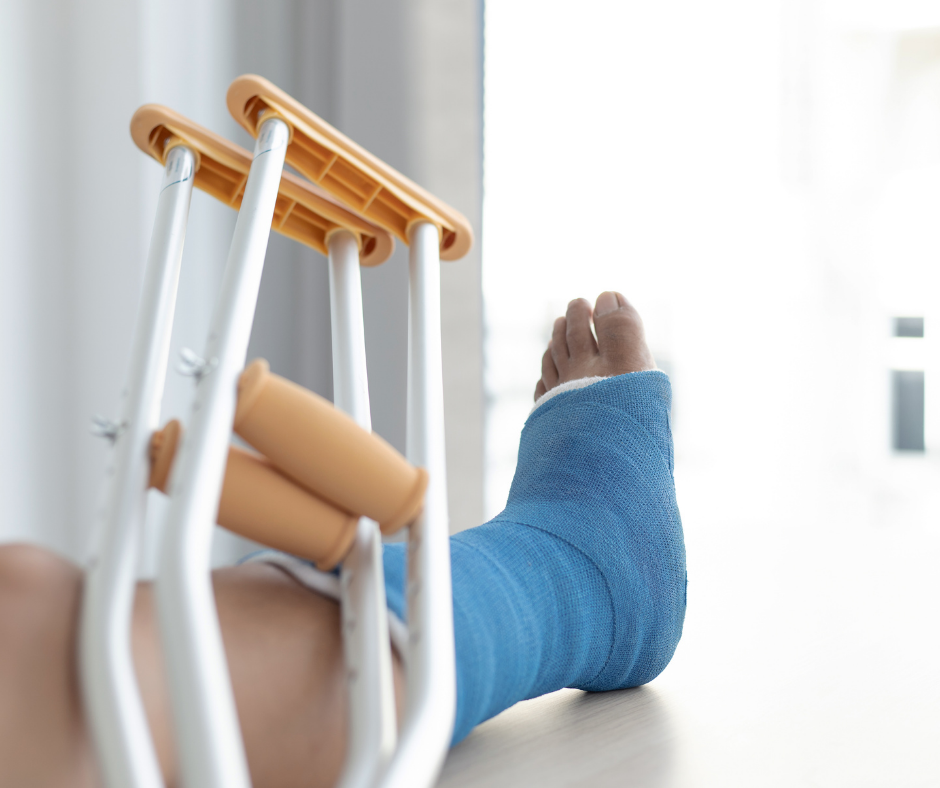
When many people think of osteoporosis, they immediately think of it as a condition that affects the hips and spine. However, this disease can also affect your feet. In fact, unexplained foot fractures may be an early sign that you have osteoporosis. Because May is Osteoporosis Awareness Month, today, Dr. Eric Ricefield, Dr. Mark Yagodich, and Dr. Aliza V. Eisen of greater Philadelphia’s Your Next Step Foot and Ankle Care Center are sharing information about this condition and what you can do to combat it.
What is Osteoporosis?
The word osteoporosis means “porous bones,” which means that a patient’s bones are losing their denseness, making them thinner and easier to fracture. Foot fractures that result from this condition can be in the form of stress fractures. They create small cracks in the bones of your feet. And because of the lack of structure in the bones, they weaken, making them susceptible to fractures.
In advanced stages, stress fractures can occur from getting out of bed in the morning. These fractures can happen anywhere in the body but commonly occur in the low back, wrists, hips, feet, and neck.
Fractures in the feet that result from osteoporosis can range from tiny stresses in the bone to more significant dislocation breaks that require surgery. In the feet, these fractures often result from repetitive trauma from wearing unsupportive shoes, like flip-flops. In addition to this loss of structure comes the breakdown of the feet joints, which can cause pain and arthritis.
How can you combat it?
When they age, the typical advice for people is to make sure they have sufficient amounts of vitamin D and calcium in their diet. Activity and exercise are also fundamental for boosting bone strength and protecting you against painful fractures. Almost any activity in which you move is good, including running, swimming, dancing, walking, and even bowling, which can strengthen your bones.
Choose footwear that offers adequate support to your ankles and feet. For example, your podiatrist might recommend using orthotics to provide extra support to your arches. And if your bones are not directly affected by osteoporosis, custom orthotics can still help by providing extra stability that could save you from a fall that could break other bones in your body.
Your feet play a crucial role in making aging less painful. Combat the risks of osteoporosis by caring for your overall health and paying attention to your feet!
The faster you deal with stress fractures, the better. If you are experiencing pain in your feet that feels beyond normal soreness, contact the offices of greater Philadelphia’s Your Next Step Foot and Ankle Care Center for further diagnosis and treatment. Click here to locate the office nearest you and schedule an appointment today.
